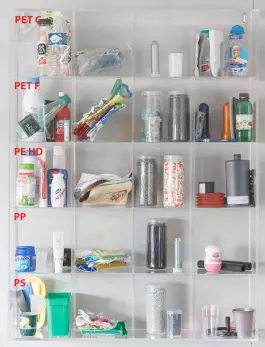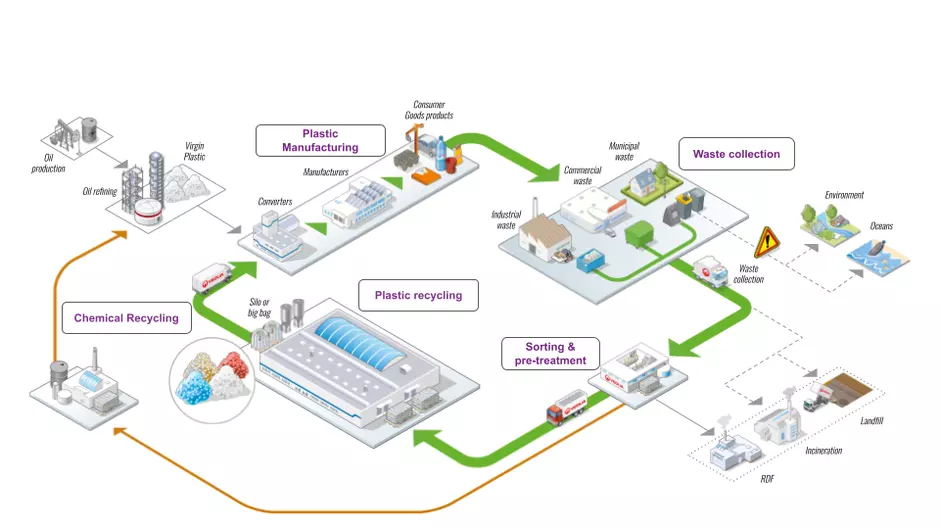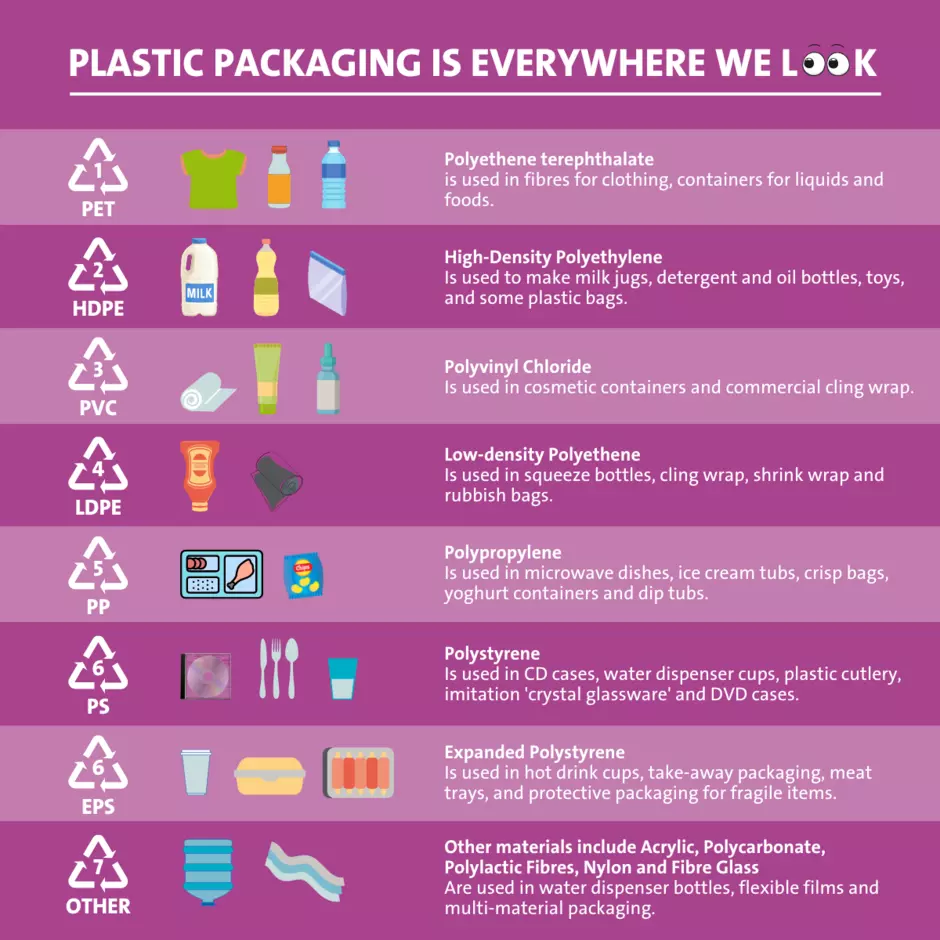Plastic is part of our everyday life.
At home, at work, while we practise sports or when going on holiday. Over time our societies have learned to produce plastic and have exponentially been using it for all sorts of applications.
But in fact, the real technical word we should use instead of plastic is polymers…and there are as many types of polymers as there are types of uses of plastic products.

For instance, the polymers we use to make a milk bottle is of course not the same as the one we use to make a garden table, nor the same we need for crashing helmets or components in a high tech medical robot.
For each use case, there is a specific recipe that needs to be created so that the end product will answer to technical specifications expected from it.
- Hardness,
- Malleability,
- Softness,
- Transparency,
- Heaviness,
- Lightness.
→ All these characteristics are important when designing a specific product for a specific purpose.
While plastic has revolutionised and made our daily lives far easier, its properties have created pollution that affects human health and leaves long-lasting impact to environmental ecosystems.
It's one of the main environmental problems that we need to resolve.

In the same manner that there are several types of polymers, we need to work collectively toward identifying, creating and deploying tailored-made solutions to handle plastic waste in our everyday life.

We cannot stop waste production entirely, but everyone can make a significant contribution.
Among others, RECYCLING comes forward as the most obvious and achievable solution:
- Recycling Conserves Resources
- Recycling saves energy
- Recycling helps protect the environment
- Recycling reduces landfill


